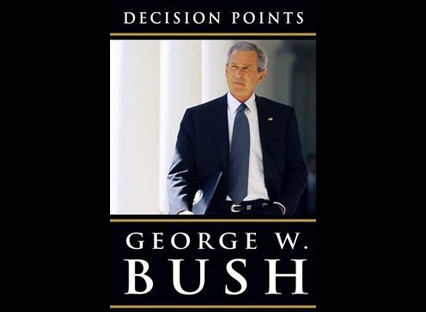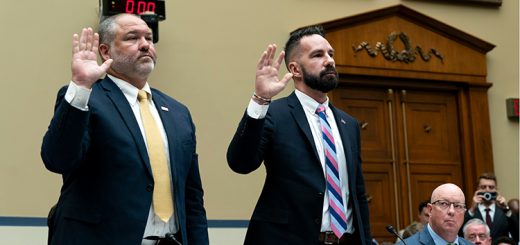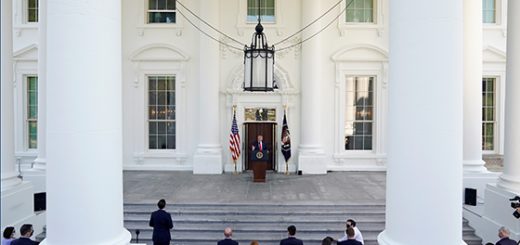Our Decision Point.

Former President Bush has emerged from near total media seclusion for the purpose of promoting his new book called, “Decision Points.” He’s making all of the rounds including Oprah, Rush, Hannity and the TV morning shows.
To my eye and ear, he looks and sounds relaxed. And he sounds like a man who is at peace with the decisions that he made. It was nice to see him when he visited here in Tyler and, frankly, it’s nice to see him on TV again. It turns out I really do miss him.
The recession is said to have officially begun in December 2007 and to have officially ended in June 2009. In that interim, we saw the near collapse of the financial markets, the bankruptcy of GM and Chrysler and the subsequent government takeover of both. We saw the government massively intervene in the insurance and banking industries. We saw a nearly $1 trillion spending measure, laughably called an economic “stimulus” bill, that was rammed through Congress with next to no scrutiny.
Then, as if that weren’t enough, the most liberal administration and Congress in a generation, over the objection of a majority of the country, pushed through a bill that fundamentally reshapes the one-sixth of the U.S. economy that is health care – again with little actual scrutiny.
While this was happening, the U.S. economy shed over eight million jobs, pushing the unemployment rate to 10 percent where it stubbornly remains. The national debt grew by over $3 trillion and the federal budget deficit, around $400 billion under Bush, quadrupled, to $1.6 trillion in the just-completed budget year.
Even though the recession is said to have officially ended in June 2009, it doesn’t feel like it. And with each passing month of slow to no growth, we start to forget that during the Bush administration, the U.S. experienced economic expansion and job growth for 53 consecutive months, a record.
When NBC’s Matt Lauer tried to pin President Bush down on making the tax cuts that bear his name permanent, the president said this:
“Now, the question is how do we create them? And part of the debate is should government create the jobs or should the private sector try to create the jobs. My argument is keeping the taxes low will encourage the private sector to create jobs.”
Thank you, Mr. President. You have succinctly summed up our decision point. We have tried fixing our problems via a massive expansion of government and all we have to show for it is a massive debt. Are we now willing to let the free market back in the game?
In order for that to occur, we need to make the current tax rates permanent, we need to repeal Obamacare, we need to lower the corporate tax rate, we need to ease the regulatory burden on business and we need to make a dramatic commitment to reducing the size and cost of government.
When businesses and the America people see that government is stepping back and getting out of the way, the miracle that is the American economy will do what it always does, which is to say, set an example for the entire world.








Mr. Bush could not have said it better.The Federal Government has done more to kill American Jobs than it ever could to create them. Taxes that are totally unfair…Regulation that intrudes into the business sectors very heart…Governmental Agencies who provide oversight without having a clue as to how a business functions…and a judiciary that allows far too much tort…
Americans have a spirit that, when government gets out of the way, drives us to succeed in ways that the rest of the world can only marvel at. Americans excell at what they do and by doing so have earned their way to the top of the business community. It is only when bridled with Government that we fail as we have now.
Get out of our way. Allow us to be regain our rightful place in the business world. We earned it once, we want to earn it again.
Rick Armstrong
Tyler, Texas
For all that President Bush had on his plate from the beginning of his presidency, I believe that history will redeem him and place him in his proper place as a president for the people.
We have to remember that most of the spending came when the democrats took over congress and has continued with the obama presidency in unhear of amounts. We also have to remember that War is not cheap…Freedom is not free. If we are to remain free, the price will have to be paid. I believe that President Bush loves this Country and did his best to see that we were kept safe and free. I believe that obama wants to bring down America, for which he has nothing but distain. The quicker we get obama out of office, the better chance America can get back on track to pull herself out of this quicksand obama has put her in!
Bush was a big spender, not as bad as Obama (no one has been) but bad none the less. Too bad there are no real monetary policy conservatives on this site that called him out then or hold him accountable now………